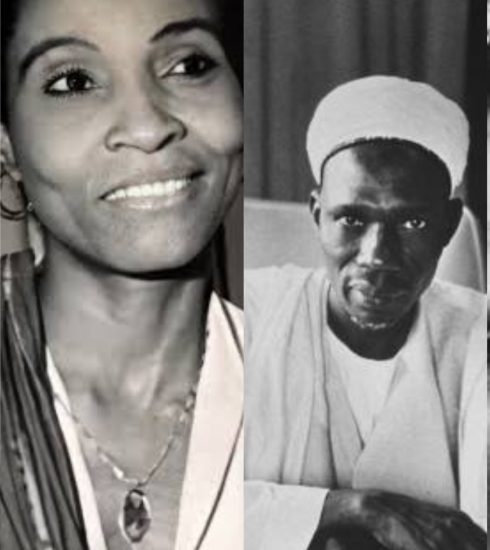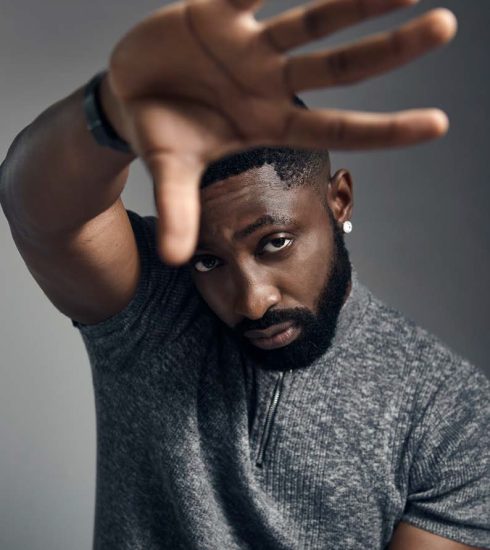Hon. Imaan Sulaiman-Ibrahim: Politics. Passion. Public Service
Over the years, Nigerian women have been able to break barriers and even change the narrative that leadership and politics are exclusive to men. In many political and public service positions today, we see more women achieving success and taking the lead. But beyond the titles, these women are showing the world that they are capable, dedicated, and full of purpose. They are making a real impact, pushing through challenges, and leading with strength, passion, and a deep sense of responsibility.
One of such women is Hon. Imaan Sulaiman-Ibrahim. She is a strong voice in the political space who continues to lead with purpose and impact. Hon. Imaan has served in different leadership roles, including her time as the Director-General of the National Agency for the Prohibition of Trafficking in Persons (NAPTIP) and Federal Commissioner of the National Commission for Refugees, Migrants and Internally Displaced Persons (NCFRMI). Today, she is the Honourable Minister of Women Affairs, where she champions the rights of women and children across Nigeria. Through her years in public service, she has stayed focused on building systems that work, creating lasting change, and serving with passion and integrity.
In this interview with THEWILL DOWNTOWN’s Executive Editor, Onah Nwachukwu, Hon. Imaan Sulaiman-Ibrahim discusses her journey into politics, her passion for service, the challenges of leadership, and her vision for Nigerian women. She opens up about her experiences, lessons learned, and why she believes women must continue to show up, speak up, and lead with courage.
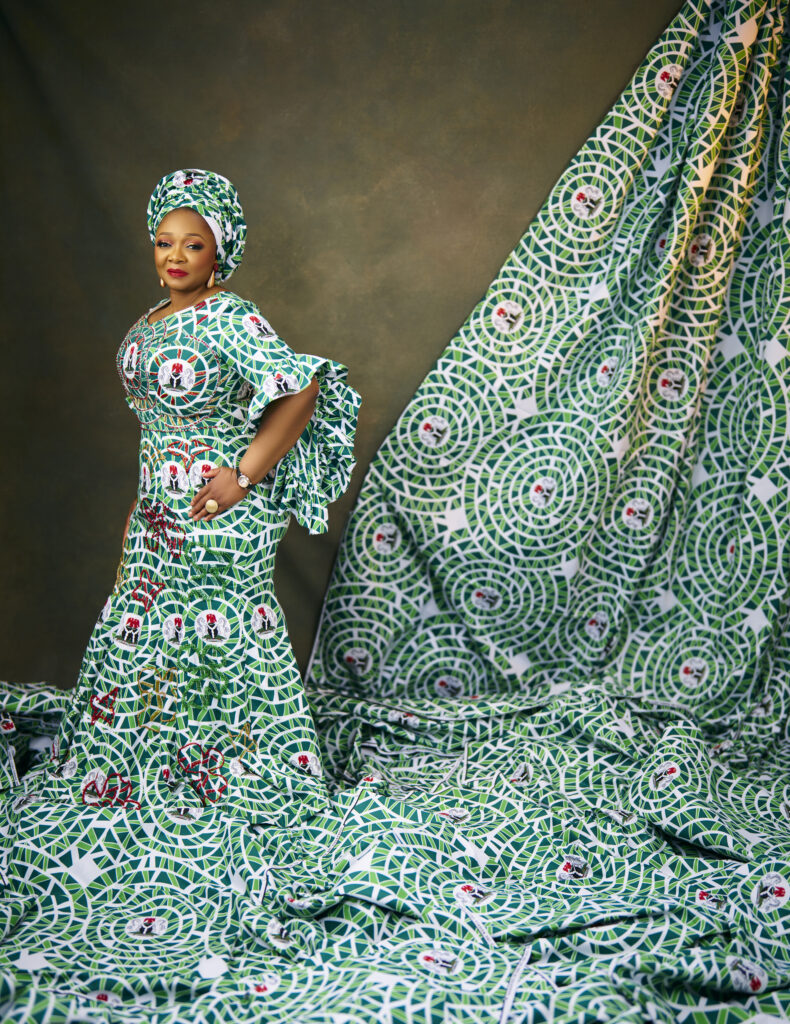
Your career has spanned over two decades across humanitarian work, conflict resolution, and governance. What pivotal moment or experience made you go into public service full-time?
The defining moment for me came during a deeply personal crisis. I was in the process of pursuing a PhD at Oxford University — a long-cherished dream — but my son suddenly fell critically ill and required major surgery in London. While in the hospital, I witnessed firsthand what quality healthcare, compassion, and public infrastructure can achieve. As I stood beside his hospital bed, I made a vow: to return to Nigeria and serve so that every Nigerian child and mother could one day have access to the same dignity and care. That experience ignited an irreversible passion to pursue public service— not as a career but as a calling. Since then, every step I have taken has been driven by a deep resolve to create systems that serve people with empathy, justice, and excellence.
You’ve led several national agencies, including NAPTIP and the Commission for Refugees, Migrants, and Internally Displaced Persons. What would you say has been your most challenging role so far, and why?
Every role I’ve held has come with unique complexities, but leading the National Commission for Refugees, Migrants, and Internally Displaced Persons (NCFRMI) was perhaps the most challenging due to the sheer scale and multidimensionality of the crises. Managing over two million Persons of Concern in the context of protracted displacement, insecurity, and climate shocks demanded not just administrative competence but emotional endurance and policy agility. The absence of a legal framework that reflected emerging realities had long hampered the Commission’s effectiveness. Driving the passage of the NCFRMI Act after over 14 failed attempts was a significant milestone. It required navigating complex political terrain, coordinating stakeholders, and advocating tirelessly. But it taught me that systemic change is possible, even in the face of seemingly immovable barriers.
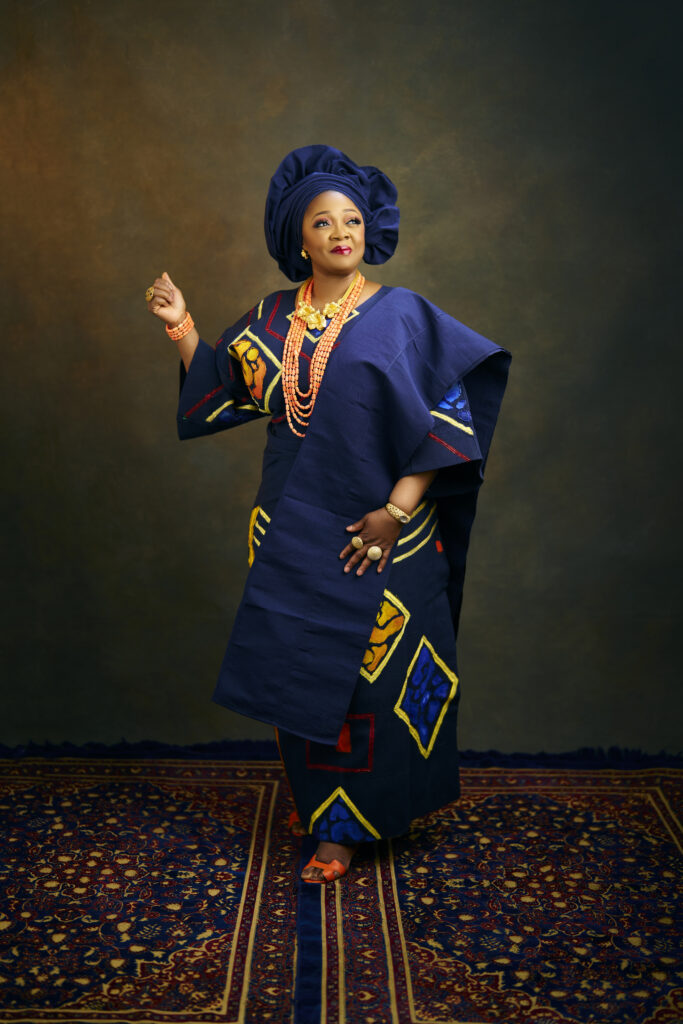
Having contributed to attracting over $1 billion in investments through the Nasarawa State Investment Council, what are your thoughts on how economic development intersects with social justice?
I believe economic development and social justice are two sides of the same coin. You cannot achieve inclusive growth without addressing the structural inequalities that exclude women, youth, and marginalised communities from participating in and benefiting from the economy. During my time on the Nasarawa State Investment and Economic Advisory Council, our focus was not just on attracting capital, but on ensuring that investments were socially sustainable—generating jobs, empowering local communities, and strengthening public infrastructure. Economic development must be people-centred. It must translate into better schools, safer environments, and equitable opportunities. When we embed social justice into our economic frameworks, we build a more stable, just, and resilient society.
Now, as the Minister of Women Affairs, what are the key focus areas you’re championing to improve the lives of women and children in Nigeria?
As the Honourable Minister of Women Affairs, my work is guided by five strategic pillars that form the foundation of our efforts to improve the lives of women and children across Nigeria. First, we are strengthening policy and legal frameworks to ensure that gender and child protection laws are not only comprehensive but also enforceable. This includes the ongoing review of the Child Rights Act and support for amendments to the VAPP Act. Second, we are driving institutional strengthening by equipping the Ministry and state-level gender institutions with the tools, capacity, and systems needed to deliver on their mandates effectively. Third, we are scaling up advocacy and public awareness to challenge harmful social norms, mobilise stakeholder commitment, and reposition gender equality as a national development priority. Fourth, we are investing in women’s protection and economic empowerment, particularly through our flagship 10 Million Women Empowerment Programme, which is expanding access to finance, skills, and livelihoods. Finally, we are prioritising child protection and development by promoting inclusive access to education, healthcare, nutrition, and social services—ensuring that every Nigerian child has the opportunity to thrive in a safe and supportive environment.
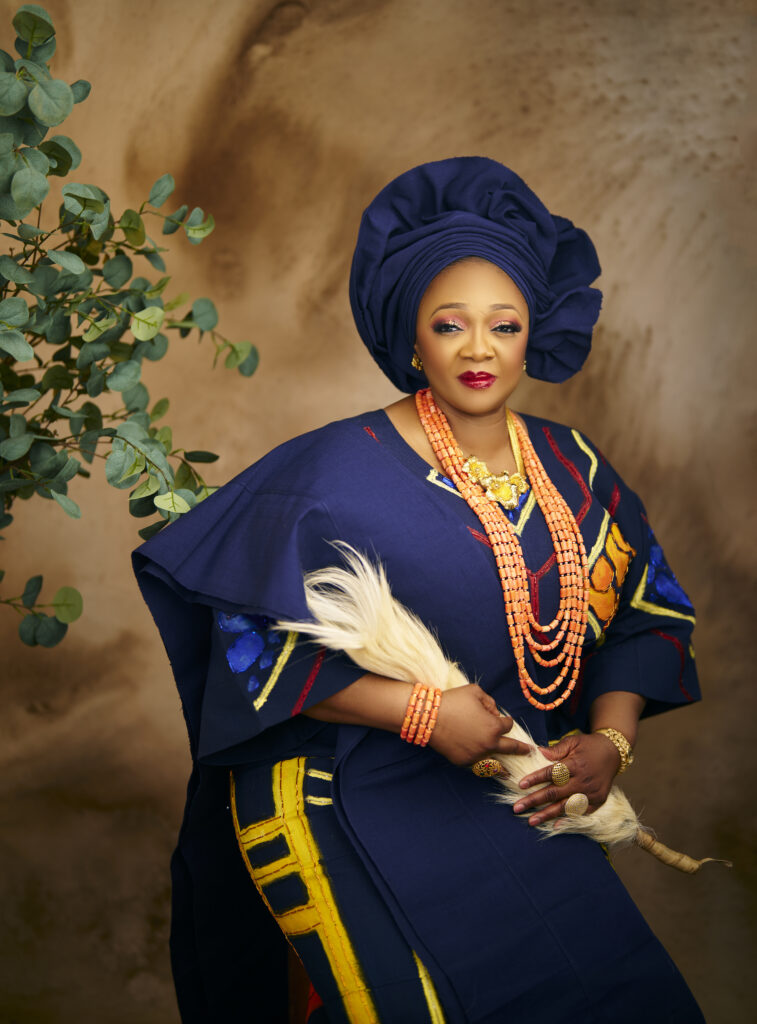
What innovative policies or programs should Nigerians expect under your leadership in the Ministry of Women Affairs, particularly for grassroots women?
Space and time will certainly limit how much I can share here, because we are doing so much to reach all categories of women—those engaged in the blue, green, extractive, and creative economies—across rural, urban, and peri-urban communities. Our goal is to ensure that no woman is left behind, regardless of her location or vocation. One of our flagship innovations is the Happy Women Platform – a dynamic, one-stop hub that connects women directly to opportunities from the government, donors, private sector partners, and NGOs. Through this platform, women will access skills development, funding, essential services, and, most importantly, market linkages for their goods and services. It will serve as both a digital and community-based tool for accelerating inclusion and economic participation. We are also scaling up the Nigeria for Women Project, which currently targets over 4.7 million women, by deepening its reach, increasing access to finance, and building stronger cooperatives and value chain linkages. In addition, we are working to transition vulnerable households to clean cooking solutions, recognising that energy poverty and indoor pollution disproportionately affect women and girls. We are leading efforts to end period poverty, ensuring that menstrual hygiene products are accessible and affordable, especially for adolescent girls in underserved areas. Another transformative initiative is our national nutrition programme, beginning with the creation of a dedicated Department of Nutrition within the Ministry to champion improved dietary health for women and children. We’re also collaborating with the health sector to strengthen access to maternal and child healthcare services and reduce preventable deaths. Also, we are working with partners to establish and operationalise Sexual Assault Referral Centres (SARCs) across the country to ensure that survivors of gender-based violence receive comprehensive medical, legal, and psychosocial support. These interventions, amongst others, are being delivered to systematically dismantle the barriers that have long held grassroots women back and usher them into a future of dignity, productivity, and resilience.
Given your track record in policy reform, how do you plan to institutionalise gender equity and protection for vulnerable populations at a national level?
Institutionalisation begins with policy coherence, legal reform, and capacity building. We are reviewing existing gender policies and updating them in line with emerging global standards. We are also working with State Governments and the Budget Office and Ministry of Finance to ensure gender-responsive budgeting is embedded across all sectors. Another key strategy is the mainstreaming of gender across national development frameworks, including the National Development Plan and sectoral blueprints. We are training focal points in all MDAs, building state-level gender machinery, and strengthening the Nigeria Gender Database to guide evidence-based planning. At the community level, we are rolling out community action plans for gender equity, aligned with traditional and religious leadership. Institutionalisation is not a one-off effort; it is a long-term process of changing systems, norms, and cultures. And we are fully committed to that process.
How are you leveraging your background in security, migration, and conflict resolution to shape your current initiatives for women and children, especially in conflict-prone zones?
My background in migration governance and security has been instrumental in designing context-sensitive, conflict-aware interventions. We know that women and children bear the brunt of conflict— whether as displaced persons, victims of violence, or economic dependents. We are integrating protection principles into all our programmes to ensure that humanitarian responses are gender-responsive, that displaced women have access to livelihoods, and that girls in camps can return to school. I’m also using my networks within the security and humanitarian architecture to push for better coordination between agencies to ensure that gender considerations are not an afterthought, but a front-line priority. Furthermore, we are advocating for Women, Peace and Security (WPS) frameworks to be localised, including the operationalisation of the National Action Plan on UNSCR 1325 across more states. Security is not just about the absence of conflict, but also about creating systems where women and children can live free from fear and want.
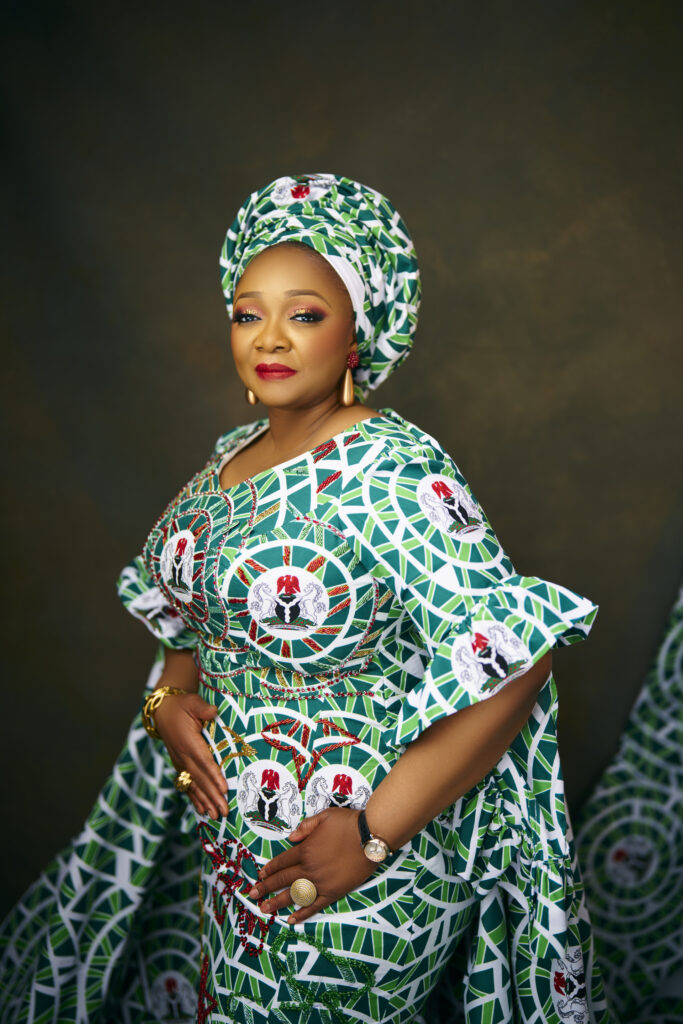
You made history as the first female Minister of Police Affairs. What unique challenges have you faced as a woman in traditionally male-dominated sectors like security and policing?
The biggest challenge was confronting entrenched patriarchal norms that questioned a woman’s authority in security matters. There were moments of overt scepticism, even resistance. But I understood that I had a responsibility not just to perform, but to prove that leadership is not gendered, but about competence and courage. By anchoring reforms on community-based policing, technology-driven systems, and strategic planning, we delivered tangible results in record time, including a historic increase in budgetary allocation. These achievements dismantled doubt and earned respect. My advocacy also led to the appointment of the First Female Force Secretary, which has further institutionalised gender inclusion at the highest levels of police leadership. It marked a turning point in representation as well as in shaping a culture where competence, not gender, defines authority. Let me say that my leadership in that role affirmed a key lesson: when women lead in security, the conversation shifts from brute force to smart, inclusive, and sustainable safety solutions.
What do you think are the biggest barriers preventing more Nigerian women from entering politics and leadership, and how can we begin to dismantle them?
Barriers include socio-cultural norms, financial exclusion, violence and intimidation, and the absence of supportive legal frameworks such as gender quotas. We cannot wish these away; we must confront them with policy, advocacy, and collective will. We need to incentivise political parties to adopt affirmative action. We must protect female candidates from electoral violence. We must ensure access to campaign finance and create mentorship pipelines. Most importantly, we must amplify the visibility of women leaders across sectors because representation breeds aspiration. As more women rise, the path becomes less lonely. Our role is to hold the ladder for those coming behind us.
You’ve shown that leadership is not just about holding office but about impact. What advice would you give young women aspiring to lead in public service?
Lead with purpose, preparation, and persistence. Public service is not for applause but for impact. Let your values be your compass, and your competence be your currency. Surround yourself with mentors, stay grounded in your community, and don’t be afraid to take bold, unpopular decisions when necessary. Your gender is not a limitation but a superpower. Use it to lead with empathy, strategy, and strength. And above all, remember that leadership is about lifting others. As you rise, reach out to others.
What’s a typical day like for Honourable Imaan? How do you stay grounded amidst the demands of public life?
No two days are the same. My mornings begin early with prayer, reflection, and a review of my agenda. From policy briefings to stakeholder meetings, field visits to legislative engagements, the days are packed. But I make time each day to connect with the people we serve through stories, feedback, or community engagements. That’s what grounds me. My children remind me why I serve. My faith gives me strength. And my team keeps me aligned with the bigger picture. My balance is not perfect, but I have learnt to prioritise what matters most at each moment.
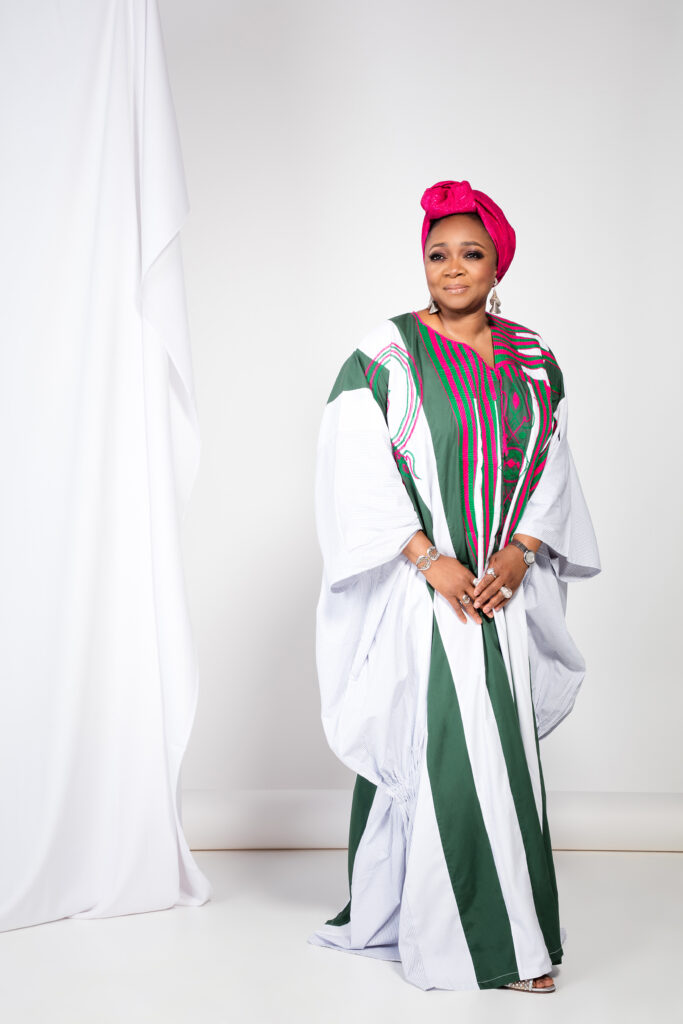
From all your accomplishments so far, which one are you personally most proud of, and why does it hold special meaning to you?
While I am proud of many milestones, the passage of the NCFRMI Act stands out. For over 14 years, progress could not be made, symbolic of our national inertia on displacement issues. Getting it passed into law required grit, negotiation, and relentless advocacy. It holds special meaning because it wasn’t just a policy win but a systemic breakthrough. It gave legal identity to millions of displaced Nigerians and laid the foundation for durable solutions. It reminds me every day that persistence pays, that institutions can evolve, and that when we fight for the invisible, we make them visible. That is the essence of public service.
A lawyer by training, Onah packs over a decade of experience in both editorial and managerial capacities.
Nwachukwu began her career at THISDAY Style before her appointment as Editor of HELLO! NIGERIA, the sole African franchise of the international magazine, HELLO!
Thereafter, she served as Group Editor-in-Chief at TrueTales Publications, publishers of Complete Fashion, HINTS, HELLO! NIGERIA and Beauty Box.
Onah has interviewed among others, Forbes’ richest black woman in the world, Folorunso Alakija, seven-time grand slam tennis champion, Roger Federer, singer Miley Cyrus, Ex Governor of Akwa Ibom State, Godswill Akpabio while coordinating interviews with Nigerian football legend, Jayjay Okocha, and many more.
In the past, she organised a few publicity projects for the Italian Consulate, Lagos, Nigeria under one time Consul General, Stefano De Leo. Some other brands under her portfolio during her time as a Publicity Consultant include international brands in Nigeria such as Grey Goose, Martini, Escudo Rojo, Chivas, Martell Absolut Elix, and Absolut Vodka.
Onah currently works as the Editor of TheWill DOWNTOWN.





